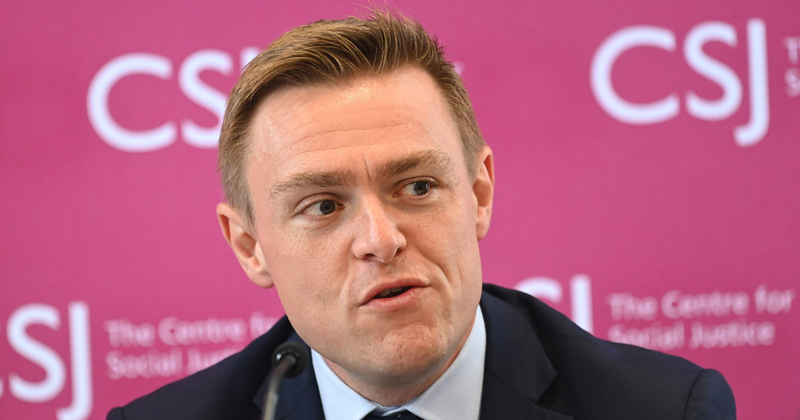Catch-up cash will double for mainstream secondaries, rising to £60k on average, but rates frozen for most primaries
Catch-up cash will double for mainstream secondaries, rising to £60k on average, but rates frozen for most primaries


More from this theme
Recent articles
The government has expanded its “recovery premium” funding to cover all pupils in special schools and alternative provision, not only the most disadvantaged.
The Department for Education published per-pupil cash rates for 2022-23 today for the fund, including doubling grants for deprived secondary pupils.
The pot is one of multiple “premium” and other one-off Covid-related grants in recent years.
Funding is allocated based on the number of pupils eligible for free school meals in the past six years, and the number of looked-after children.
But next year it will also be widened to cover every pupil in special educational needs and disability units in mainstream schools, as well as special schools, pupil referral units, alternative provision and hospital schools.
Schools minister Robin Walker said doubling the recovery premium for secondaries this year would help young people “get back on track”. The doubling was first announced last year.
Funding rates published today show disadvantaged or looked-after children in mainstream secondaries will now receive £290 a head, up from £145 last year.
Secondary special schools and mainstream SEND units will receive £552 a head, versus £290 last year for disadvantaged and looked-after pupils and nothing for the rest.
But the overall funding floor of £2,000 per primary school and £6,000 per secondary has been frozen, despite soaring inflation.
Funding remains flat for eligible pupils at mainstream primaries at £145 a head. It has even been cut from £290 to £276 a head for special primaries and mainstream SEND units, though this is likely to be offset by eligibility being widened to cover all pupils.
The DfE said the average secondary would receive more than £60,000, and the average primary almost £7,000.
Like the pupil premium, schools are also able to spend funding on a “wider cohort of pupils than those eligible”, with freedom to direct spending “where they think the need is greatest” as long as it is “evidence-based”.
Spending should include activities which improve the quality of teaching, provide targeted academic support, and address non-academic barriers to success.
But they are not allowed to spend it on covering National Tutoring Programme costs, whereas last year it was suggested they do so.
.




